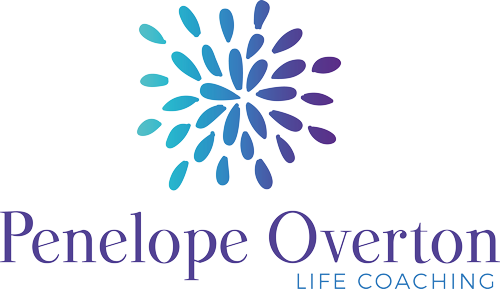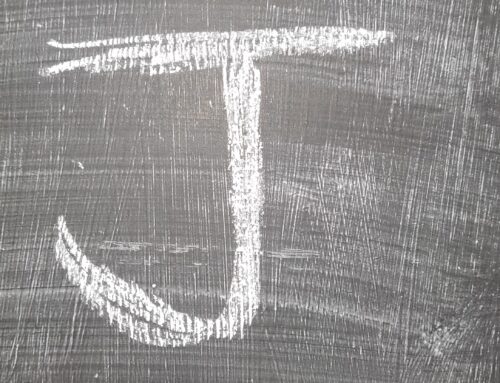H is for horse and in particular getting back on it. Sometimes we can leap onto it ourselves like a circus performer; and sometimes, perhaps more often, we need someone to stand beside us, with his or her hands cupped ready for us to put our foot in the cradle and be lifted, a little or a lot. The trick is to know when and whom to ask.
I is for intention. Don’t quote me quoting someone else but I think Wolfram von Eschenbach said something like: Every choice we make has both good and evil results. The best we can do is intend to the good.
J is for judgment. Our culture is so firmly founded on judgement that we don’t even notice it goes on; the legal system, criminal and civil; religion; the structure of schools; the way we parent our children; our automatic response to almost everything contains a judgement – good bad, right wrong, nice nasty, hopeless successful, of others and ourselves. Imagine a world where these judgements are not just redundant but not even thought of, and instead people considered how well a certain action or behaviour meets their and another’s needs.
Welcome to the world of Nonviolent Communication. One day, as Rumi says, we’ll meet in that field out beyond right and wrong.
Next time you feel a criticism, or judgement land on you, notice it. How did it feel?
K is for kindle, less Amazon’s digital reader, and more the ignition and nurturing of a flame, also used metaphorically for the bringing to life of an idea, or a mood, or a relationship, or a piece of self-development, gently, carefully, taking your time.
What in your life could use a little more kindle and less of the bellows?
L is for list, I’m thinking specifically of the to-do variety. It’s also for the lumbering boredom at the prospect of labouring through one, or living with the lingering pressure of not having done so. Lists, in my view, are excellent for liberating the mind to think about stuff other than what you’ve got to do. But it’s good to keep a list in its place, an aide rather than an end in itself.
M is for Man’s Search for Meaning, which I’ve been, ehem, meaning to read for ages and finally am. It’s Viktor Frankl’s account of his experience in Auschwitz and other Nazi concentration camps. I’m half way through and apart from every paragraph being packed with wisdom, emotion, insight and interest, here are some specific things I’ve learned so far:
:Curiosity even when things are terrible, is a kind of salvation;
:Love for another human being, surpasses everything, even death;
:The injury of a physical punishment is less the blow than the hatred and contempt behind the action
:Even in extreme hardship, tiny joys offer some kind of relief;
And on page 75, this:
“We who lived in concentration camps can remember the men who walked through the huts comforting others, giving away their last piece of bread. They may have been few in number, but they offer sufficient proof that everything can be taken from a man but one thing: the last of the human freedoms – to choose one’s attitude in any given set of circumstances, to choose one’s own way.”


